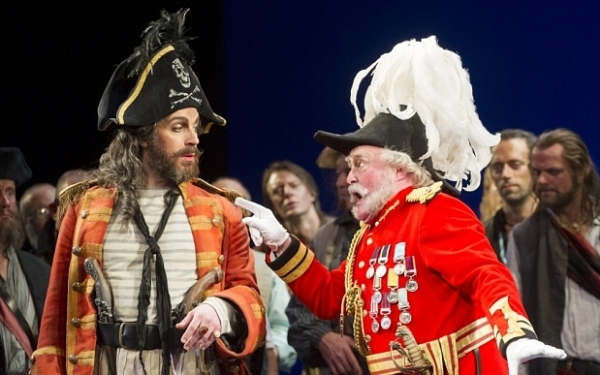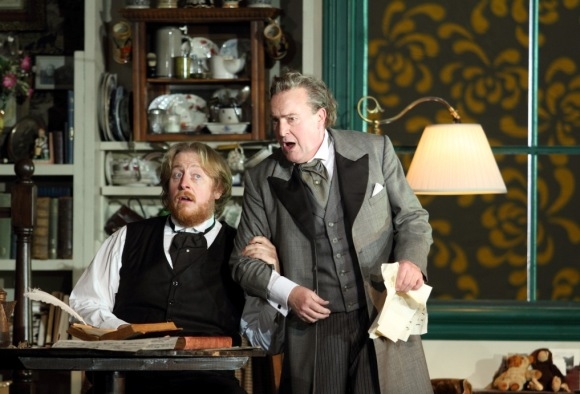Andrew Shore – the very model of a modern major-general
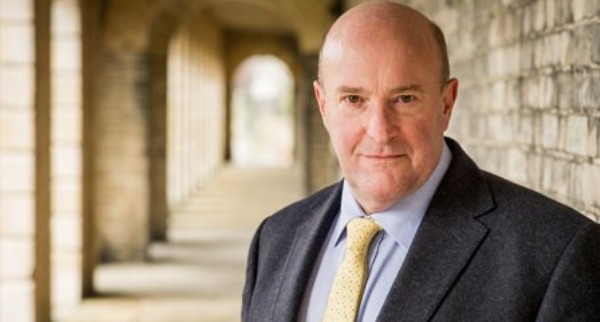
Andrew Shore: It's not going to be out of this world or gimmicky. Mike's always said he wants the piece to speak for itself. He's rarely worked from a pre-existing script before — he likes to invent and create from the performers upwards — but this is a different process because the characters already exist. So he's no different from any other director we've been working with.
Like so many English people I grew up with Gilbert and Sullivan. They were inescapable from my school days onwards — I was raised in Oldham where there were at least two competing G&S societies. I'd see the shows and then buy the D'Oyly Carte double LPs with all those wonderful names form the past: John Reed, Peter Pratt, Martin Green — and Donald Adams, a lovely man I had the pleasure of working with here at ENO.
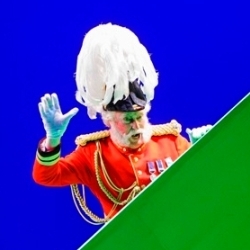
© Tristram Kenton
So I've lived with this music, although since school and university days I hadn't performed a principal G&S role until I was invited by Sir Andrew Davis and the Chicago Lyric Opera to sing Pooh-Bah in The Mikado. Andrew is a great G&S fan and we had a great time. We had a starry cast: James Morris came to play the Mikado, and he's as much a devotee as I am. But this is the first time I've sung the Major General and I'm loving every minute of it.
In its own way it's as demanding as any straight opera role. You just have to find what you think is the character and what the technical demands are and focus on that. The Major-General is a wonderfully dotty old man: he's probably never been very good in the field — his military knowledge is limited — but he makes up for that in his accumulation of trivia.
I seem to be typecast these days in playing eccentric roles. And they tend to be older than I am too: Don Pasquale, Falstaff, Bartolo in The Barber of Seville, Dulcamara in The Elixir of Love….
I'm having a great year this year, because I did my first staged Beckmesser in ENO's Mastersingers (though I'd previously sung it once in concert). I can't tell you what a thrill it was to be in such a wonderful production — humane, witty, emotional — and I revelled in finding who I thought Beckmesser was. I'd seen Die Meistersinger so many times and I've always been formulating what my vision would be, so it was great to have the chance to play it out on stage — including a nude scene!
'As for other ambitions, I feel I've done them all'
That was an addition to the original 2010 WNO production. There they got down to the baggy drawers, but I was thinking about it in rehearsals and I reckoned we could go further. What was successful about that moment was that after everyone's gone offstage following a riotous scene it turns into something a bit melancholy and reflective, and it struck me that there's tremendous scope there for humiliation. The pathos came through as he was stripped of all his dignity. I think it worked well, but there'll be no repeat of it in Pirates!
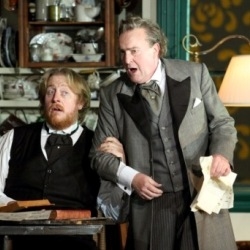
© Catherine Ashmore
I think Mastersingers gained enormously in communication by being sung in English. Our audiences seemed to be far more immediately involved, and that's what happens when you sing the language of the audience. I've sung Falstaff in German at the Komische Oper in Berlin, where they too do everything in their own language, and there was no use of surtitles there. I got the most tremendous satisfaction from hearing how the audience reacted to what I was singing in their language because their reaction was spontaneous, whereas if you go through the surtitles you wait three seconds for the laugh. It's terribly disconcerting.
I understand the need to use surtitles if the language is foreign to the audience, though even then the timing is crucial. When I sang Falstaff in America, in Italian, a lot of my comic moments were obliterated by the sound of the audience laughing because they'd already read to the end of the line. People can read much faster than I can sing, and then they end up not hearing musical phrases the composer wanted you to hear. That's the most frustrating thing, especially in comedy. I get quite worked up about it! And it's like cereal packets: if they're there in front of you, you can't stop yourself reading them.
In recent years I've enjoyed doing contemporary stuff. I did Wolfgang Rihm's Jacob Lenz — that was tough in terms of the learning, but an immersive experience in more ways than one. (Our set had a lot of water in it and I was constantly having to dive in, which was something the original Lenz used to do.) I like playing roles based on real characters because you can delve into all the writing that existed about the real man — diary entries and so forth.
As for other ambitions, I feel I've done them all! This autumn I'll be singing Melitone in Verdi's The Force of Destiny for ENO, and if I had to search around for any role I still wanted to do, that's probably it. So that will round off my year here, in conjunction of Bartolo in another revival of Barber. I honestly can't think of any other roles I'm burning to do. And for me, having two great Wagner roles among those, Beckmesser and Alberich, just fills the whole picture.
The Pirates of Penzance continues at the London Coliseum until 4 July 2015



